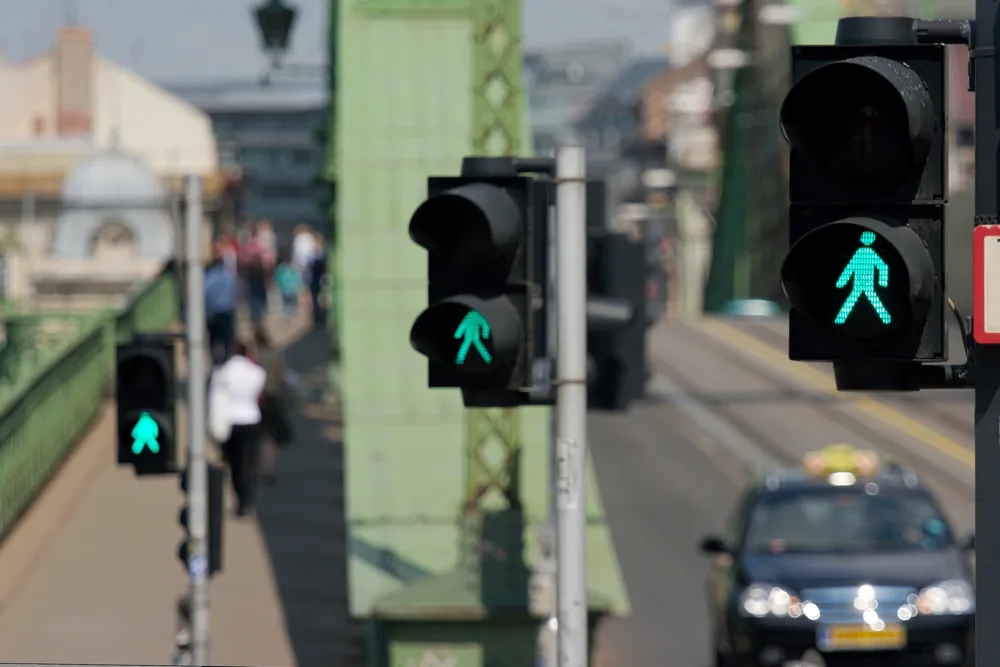Following a successful two-year pilot scheme that has delivered a reduction in offences of more than 74 per cent and faster journey times for public transport users, Leeds City Council is extending the use of automated CCTV enforcement systems for bus lanes.
October 8, 2013
Read time: 2 mins
Following a successful two-year pilot scheme that has delivered a reduction in offences of more than 74 per cent and faster journey times for public transport users, Leeds City Council is extending the use of automated CCTV enforcement systems for bus lanes.
The council has just awarded civil traffic enforcement solutions provider7513 Videalert a contract to roll the system out to an additional ten sites, which will be deployed by the end of 2013.
Videalert bus lane enforcement systems were originally installed in late 2011 to monitor bus lane offences in five city centre sites, reducing by up to 90 per cent the number of motorists illegally driving into bus lanes to avoid traffic congestion in the first year alone. The system was rolled out to a further seven sites in 2012, including five on the A65 Quality Bus Corridor.
The Videalert platform automates and streamlines the capture and video recording of vehicle contraventions and integrates with software that issues Penalty Charge Notices (PCNs) without needing additional manpower resources. Quickly installed, Videalert uses 3G to wirelessly transmit data to the council’s parking control centre allowing it to be used in any location.
According to David Richmond, CEO of Videalert: “Using a single integrated platform, the Videalert system also enables users to extend enforcement to banned turns, box junction and other infringements even in heavy traffic environments.”
The council has just awarded civil traffic enforcement solutions provider
Videalert bus lane enforcement systems were originally installed in late 2011 to monitor bus lane offences in five city centre sites, reducing by up to 90 per cent the number of motorists illegally driving into bus lanes to avoid traffic congestion in the first year alone. The system was rolled out to a further seven sites in 2012, including five on the A65 Quality Bus Corridor.
The Videalert platform automates and streamlines the capture and video recording of vehicle contraventions and integrates with software that issues Penalty Charge Notices (PCNs) without needing additional manpower resources. Quickly installed, Videalert uses 3G to wirelessly transmit data to the council’s parking control centre allowing it to be used in any location.
According to David Richmond, CEO of Videalert: “Using a single integrated platform, the Videalert system also enables users to extend enforcement to banned turns, box junction and other infringements even in heavy traffic environments.”









